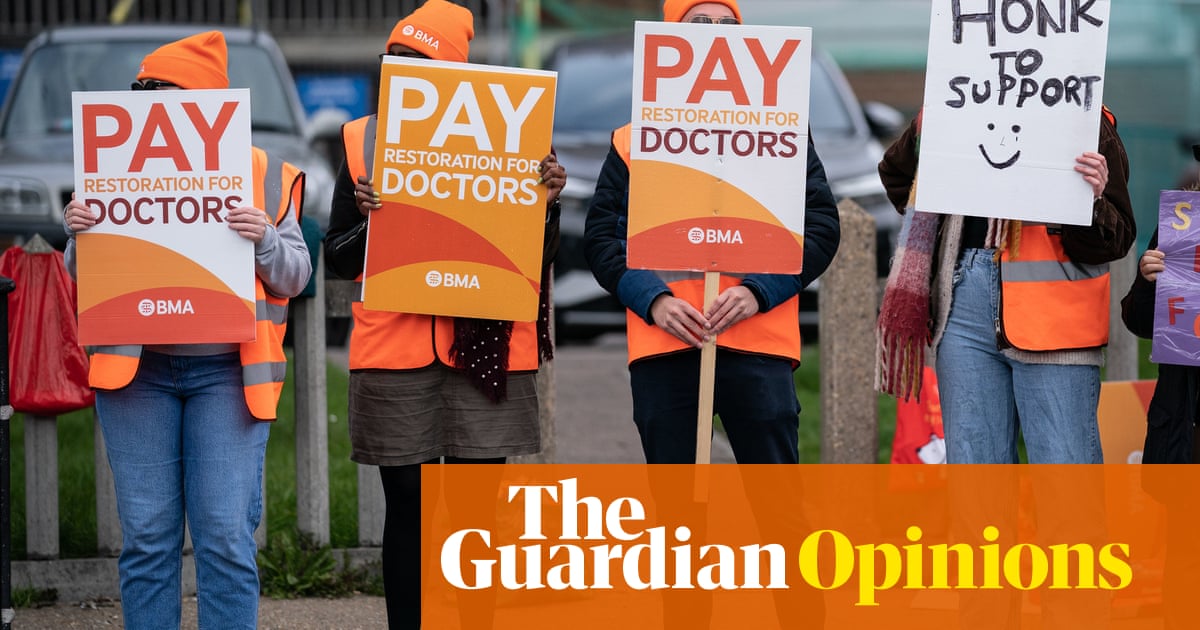
he coronavirus pandemic has revealed a lot about British society – the fragility of the economy, the insecure situation so many workers find themselves in – but it has also shone a light on the state itself. Many comparisons have been made between the current mobilisation of state resources and the second world war. But while that crisis involved a ramping up of public sector capacity, this one is being managed by a state that believes itself to be utterly dependent on the private sector.
First, there are the outsourcing giants, shadowy corporations who have been handed numerous contracts over the past 20 years. Matt Hancock has put Serco in charge of the phonelines for contact tracing, a vital part of the government’s public health strategy. This is a company that mismanaged data at a GP surgery, and failed to train staff properly for a breast cancer hotline service. Along with G4S, it claimed money from the government for tracking prisoners who were later found to be dead.
You might also remember G4S – which is helping out with the new testing centres as well as security for Nightingale hospitals – for its failure to provide security for the 2012 Olympics. Meanwhile Capita has a contract to help the NHS recruit returning nurses and doctors. This is the same Capita that caused headaches for doctors everywhere by wrongly archiving 148,000 patient medical records.
Then there are the management consultants and accountants. Matt Hancock has chosen Deloitte, one of the “big four” accountancy giants, to advise on PPE nationally, as well as manage logistics for testing centres and new laboratories for processing samples. This is one of the consultancies that has advised the NHS on how to cut and privatise itself for years. Research clearly shows that private sector management consultants not only fail to improve efficiency in our NHS, they actually make things worse.
Finally, in the realm of tech, the US data mining group Palantir, headed by a Silicon Valley billionaire, is gathering information from NHS trusts on PPE; and Amazon is delivering testing kits, despite being criticised by its own workers for its response to Covid-19.
In handing out lucrative new contracts to these private companies – the value of which the government has refused to reveal – ministers have used special powers that allow them to award contracts by bypassing the usual tendering process. Although such a mechanism appears logical in an emergency, its existence is a testament both to the way the British state has depleted its own ability to manage affairs and its automatic presumption in favour of outsourcing.
The public sector could and should use its existing knowledge and in-house expertise to get the job done, employing and training staff as needed to deal with this crisis directly. This is exactly what happened, for example, when the Department for Transport rescued 140,000 holidaymakers left stranded after the collapse of Thomas Cook last year. The NHS locally could plan the delivery of vital responses like tracking and testing, using its existing knowledge and expertise and involving local communities.
And while outsourcing has been justified over the years through the language of “cost-saving”, the truth is that this is about ideology.
Take the NHS, where outsourcing has been one of the main ways governments have achieved privatisation by stealth. How did this happen? In the 1980s, the government started to privatise laundry, catering and cleaning in the health service – outsourcing staff on worse terms and conditions to save money. And the impact this had on outcomes was clear, as private cleaning companies consistently cut corners. Outsourcing – whether it’s cleaning, facilities management, GP “out-of-hours” services, treatment centres, clinical services or IT – has often damaged the quality of patient care.
In 2006, the Blair government privatised the NHS supply chain, now responsible for delivering PPE. And in 2012, David Cameron’s government introduced the Health and Social Care Act, allowing NHS services to be contracted out to “any qualified provider”. Private firms, often operating under the NHS logo, were given a staggering £9.2bn in NHS contracts in 2018.
The chief executive at Epsom hospital has asked to take over the management of the flagship testing centre at Chessington, after Deloitte’s failings led to NHS staff test results being mixed up and lost.
What the hospital managers recognised is what the research has been telling us for years: the evidence does not support the lazy assumption that outsourcing or privatisation is inherently more efficient.
This government has a deep distrust of the state. But in trying and failing to outsource this crisis to the private sector, it should start to recognise the urgent need to rebuild state capacity so that vital services can be delivered in house – both as an emergency measure and as a sensible long-term policy.
• Cat Hobbs is the founder of We Own It, an organisation that campaigns for public ownership of public services












